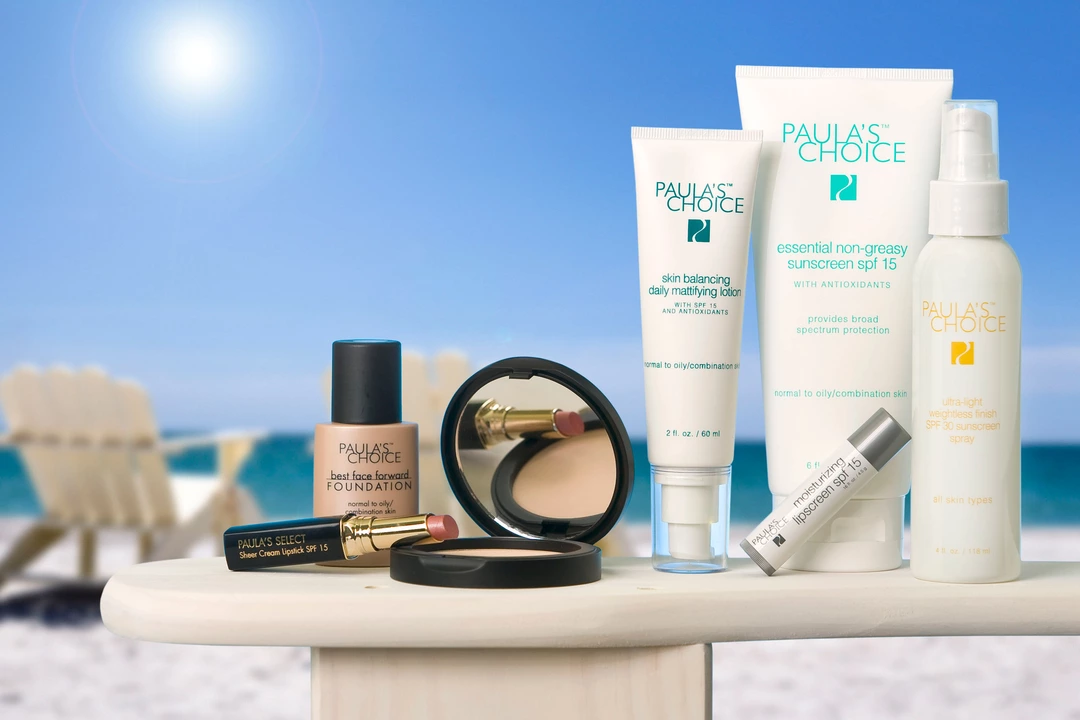Personal care products that work — without the high price
Want solid personal care that doesn't cost a fortune? You can get reliable skin, hair, and hygiene products by knowing what to look for and where to buy. This page gives practical tips so you shop smarter and avoid common traps.
Pick the basics first
Start with a few essentials: gentle cleanser, moisturizer, sunscreen, shampoo, and a basic deodorant. These cover most needs and reduce impulse buys. Choose fragrance-free or low-fragrance versions if you have sensitive skin. When in doubt, cheaper is fine so long as the product lists clear, familiar ingredients.
Read the label: active ingredients, concentration, and expiry date matter. Avoid vague claims like "dermatologist-tested" without any active ingredient listed. For sunscreens, look for SPF 30+ and broad-spectrum on the label. For anti-acne or anti-dandruff products, check for benzoyl peroxide, salicylic acid, or pyrithione zinc and their percentages.
Shop smart online and in stores
Compare unit prices, not bottle sizes. A bigger bottle can still cost more per ounce. Use reputable sellers: known pharmacies, big retailers, or the official brand site. If buying from smaller online shops, check reviews and return policies. Avoid offers that seem too good to be true for prescription-strength items—those often require a valid prescription.
Watch for expired or near-expiry stock in discount outlets. If a product smells odd or separates, skip it. For creams and serums, a patch test on your inner forearm for 48 hours prevents nasty surprises.
Want to save more? Buy multi-use items: a mild body lotion can double as a hand cream; a simple oil (like sunflower or safflower) can replace pricier facial oils for some skin types. Store-brand basics often match name brands on simple formulas like cleansers and soaps.
If you have special needs — very dry skin, eczema, or acne — pick products with a few proven actives and avoid mixing many active ingredients at once. And ask a pharmacist or dermatologist before combining prescription topical medicines with new OTC products.
Small routine, big impact: cleanse twice daily if oily or after sweat; moisturize while skin is damp; use sunscreen every morning. For hair, cut back on daily heat styling and use a gentle shampoo to keep hair and scalp healthy.
For older adults, itchy skin often comes from dryness. Choose emollient creams, avoid hot showers, and use humidifiers in dry rooms. If itching is severe or sudden, check with a clinician—sometimes it signals an underlying issue.
Want more product ideas or comparisons? Browse the related articles on this tag for guides on allergy meds, acne options, and how to buy safely online. Small changes in what you buy and how you use it add up fast—save money and avoid skin drama with smart choices.
The Impact of Cosmetics and Personal Care Products on Skin Rashes
- Robin Tudge
- May 21, 2023
- 13 Comments
I recently came across some eye-opening information on how cosmetics and personal care products can potentially cause skin rashes. It's alarming to discover that certain ingredients in these products can irritate and damage our skin, leading to itchiness, redness, and even more severe rashes. This can be particularly troublesome for individuals with sensitive skin or allergies. It's essential for us to educate ourselves about the ingredients in the products we use and look for alternatives if needed. Let's spread awareness and make informed choices to protect our skin from harm.
read more
